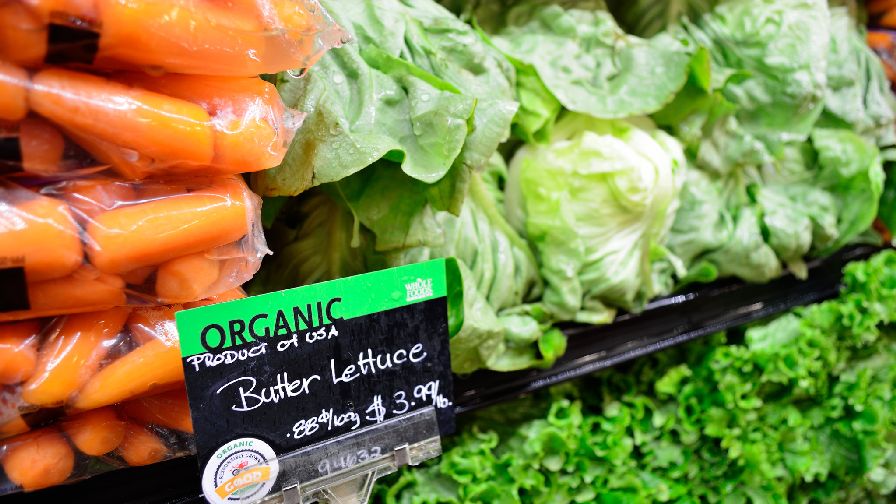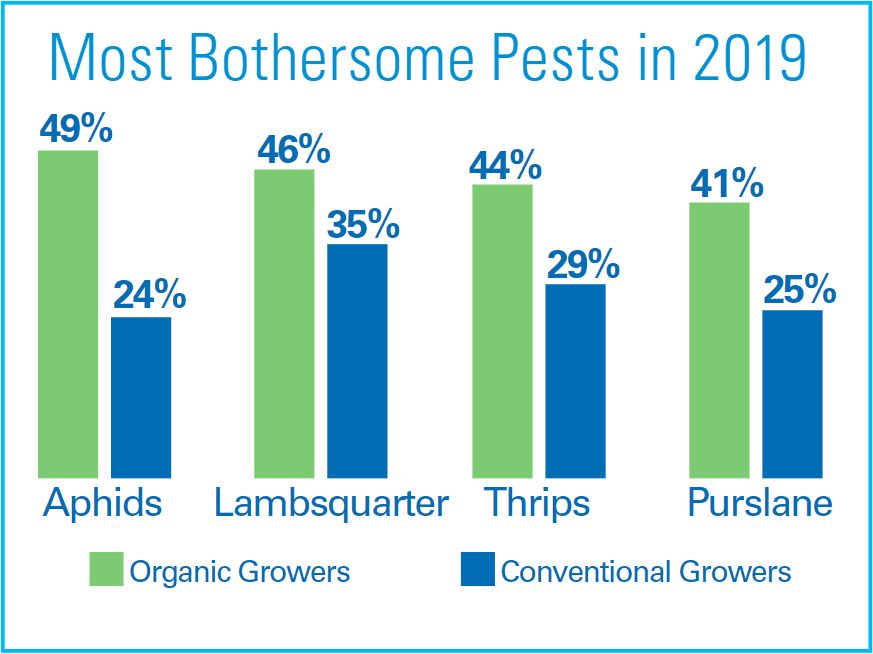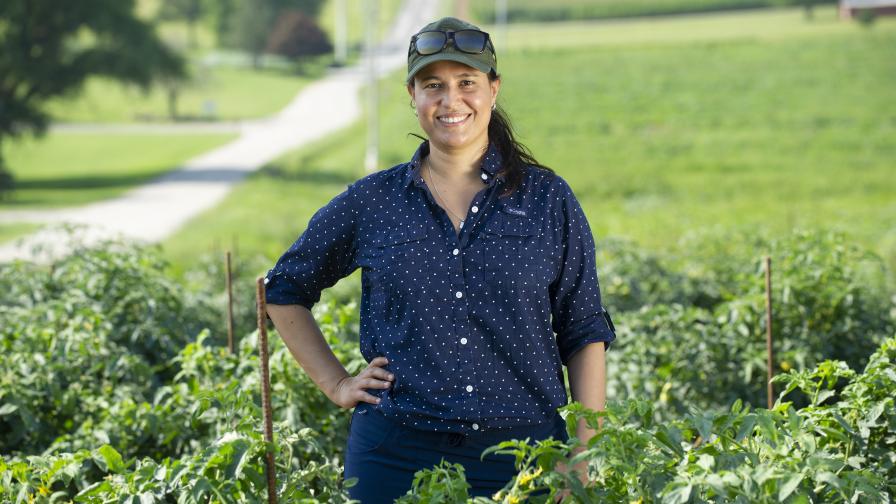Why Organic Produce Is Booming Right Now [Opinion]
 The main reason organic produce appeals to consumers is that it promises safety. We can debate how reality and perceptions differ. But that core message that organic produce will not harm either humans or the environment is its main selling point to shoppers.
The main reason organic produce appeals to consumers is that it promises safety. We can debate how reality and perceptions differ. But that core message that organic produce will not harm either humans or the environment is its main selling point to shoppers.
In 2020, that message really resonates. Amid the chaos and stress this year generated, food is a refuge. And organic food is a comfort.
So far, organic produce sales and the crop volume has grown by double digits year over year. Organic Produce Network, working with Category Partners, report organic 2020 Q2 sales in the West grew by a whopping 25% over 2019, and volume grew by 23%. Even in the country’s weakest organic region, the Midwest, year-over-year sales grew by 12% and volume by 13%.
Logistically, that makes sense, since retail sales — the biggest organic produce sector — are surging during ongoing partial lockdowns. But I’m guessing that safety message drives some of those sales, too.
When you look at the daily fresh produce year-over-year sales (which includes all produce, not just organic), sales are up significantly. But they’re not reaching the same heights as organic produce on its own.
Will This Trend Last?
Eventually, this pandemic will be over. Many things will go back to normal. But I’m guessing some buying habits adopted during these difficult months will continue. And organic purchases will likely be one of those.
Since there’s a difference in how conventional produce and organic produce sales grew in 2020, that means consumers who did not buy organic in the past are now doing so. Despite the high unemployment. Despite the housing insecurities.
If you aren’t devoting part of your operation to organic produce, you may be missing out on something big. Even if you started immediately, it won’t happen overnight. It takes a few years to bring a field into compliance and earn the organic label. And a lot of record keeping. The only short cuts are bringing previously uncultivated land into production or creating a new organic greenhouse operation.
Current organic growers are in luck. Many (43%, according to our 2020 State of the Vegetable Industry Survey) are already planning to expand their organic acreage.
In a rough year, organic produce is offering a refuge to growers, too.
Oh, One More Thing
I further explored what our State of the Vegetable Industry Survey had to say about organics.
Here are a few more stats you might find interesting:
Organic Farmers Tend to Be Younger than Conventional
- 46% of organic farmers are under 25 years old
- 31% of conventional growers are under 25 years old
Pests that Impact Organic Growers More
We took a look at which pests organic and conventional growers reported were their top problems last year. There were a few pests that were a bigger problem for organic growers than their conventional peers.

Source: 2020 State of the Vegetable Industry









